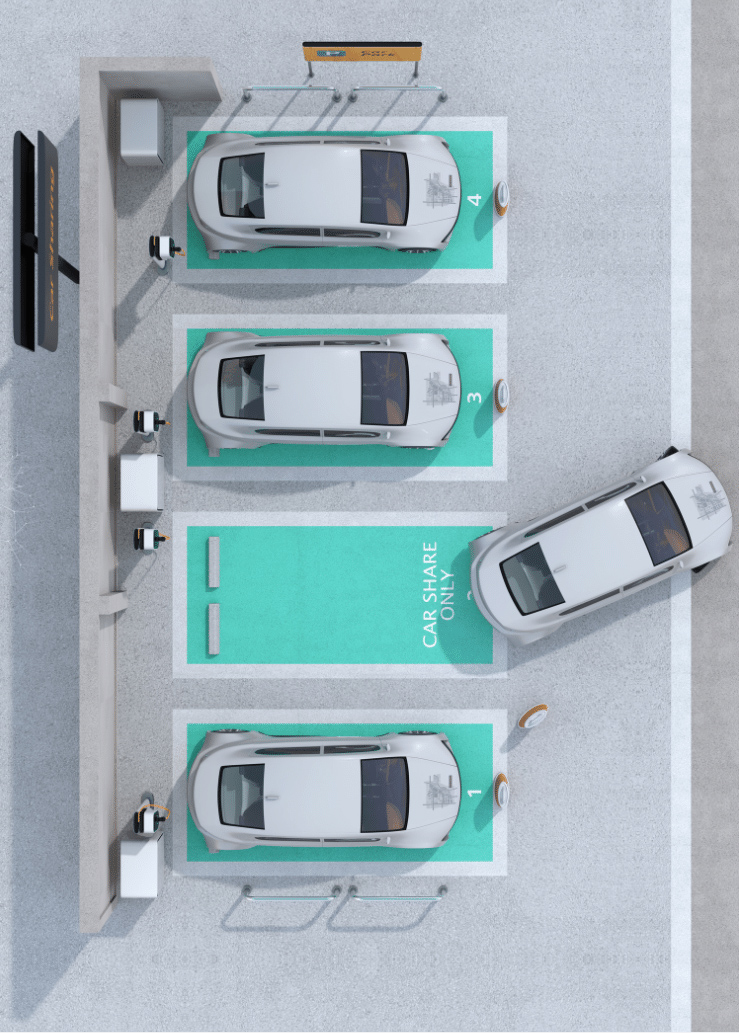OptimalSharing@SmartCities, the AO approach for mobility in Barcelona
Agile Optimization (AO) to organise carsharing and ridesharing
With this project, Spindox Labs has the goal of developing carsharing and ridesharing solutions that, in an integrated fashion, will contribute to making mobility habits more environmentally sustainable in the urban area of Barcelona. The research activity will avail of the repository Open Data BCN, and will be developed in partnership with the Universitat Oberta de Catalunya (UOC), the Universitat Politècnica de Catalunya (UPC) and the Universitat Politècnica de Valencia (UPV).
Vehicular congestion in smart cities? The answer is OptimalSharing@SmartCities
Project name:
Optimizing Carsharing and Ridesharing Mobility in Smart Sustainable Cities
Duration:
15 month
years:
2022-2023
Target markets:
Mobility services (car sharing e ride sharing)
Our solution
The Agile Optimization approach involves the parallelization of biased-randomized heuristics that can suggest real-time and easily adaptable decisions to certain conditions or variables. In this sense, priority will be given to the following goals:
- Analysing the available data on citizens’ mobility in the urban context via automated learning algorithms;
- Developing a calculation engine that can optimize in real time the carsharing and ridesharing solutions in the metropolitan area;
- Implementing a traffic-simulation platform that can provide increasingly punctual information in time for decision makers such as political authorities and administrative institutions.
The constant availability of online data will allow for updates to be based on these new flows of information, progressively enhancing reliability and precision of the proposed solutions when facing complex problems. The AO approach is in fact an implementation of traditional optimization, based on fixed-duration horizons in non-dynamic conditions. The point of reference, in this sense, will be the environmental context – traffic, vehicle localization, route interruptions, unexpected service requests – in constant evolution.
Advantages
Resorting to the information catalogue from the Open Data BCN repository will afford citizens, economical players and service companies with a calculation engine capable of elaborating personalized travel plans based on datasets such as:
- Routes and timetables of local public transportation and private transport companies;
- Availability and localization of carsharing and ridesharing services;
- Availability and localization of parking and recharging stations for bikes and electrical vehicles;
- Mapping and monitoring of taxi stops and areas for loading and unloading of goods;
- Updated information on weather and traffic.
The access to optimization algorithms and the relative sharing of information will take place through dissemination initiatives such as open webinars, international conferences, papers on open-access journals. The mole of data and knowledge will be functional to:
- Increase the citizen’s well-being by facilitating their everyday mobility choices;
- Optimize vehicular traffic in urban and peri-urban areas to foster environmental sustainability;
- Support government authorities in making concrete operative choices (setting up recharging stations and parking for shared vehicles, their location, etc.);
- Elaborate models for automatic updating that are necessary to local institutions for the optimal planning of urban travel plans;
- Allow town planners, stakeholders and industrial partners to test new mobility models for the city of Barcelona as well as in other European cities.




